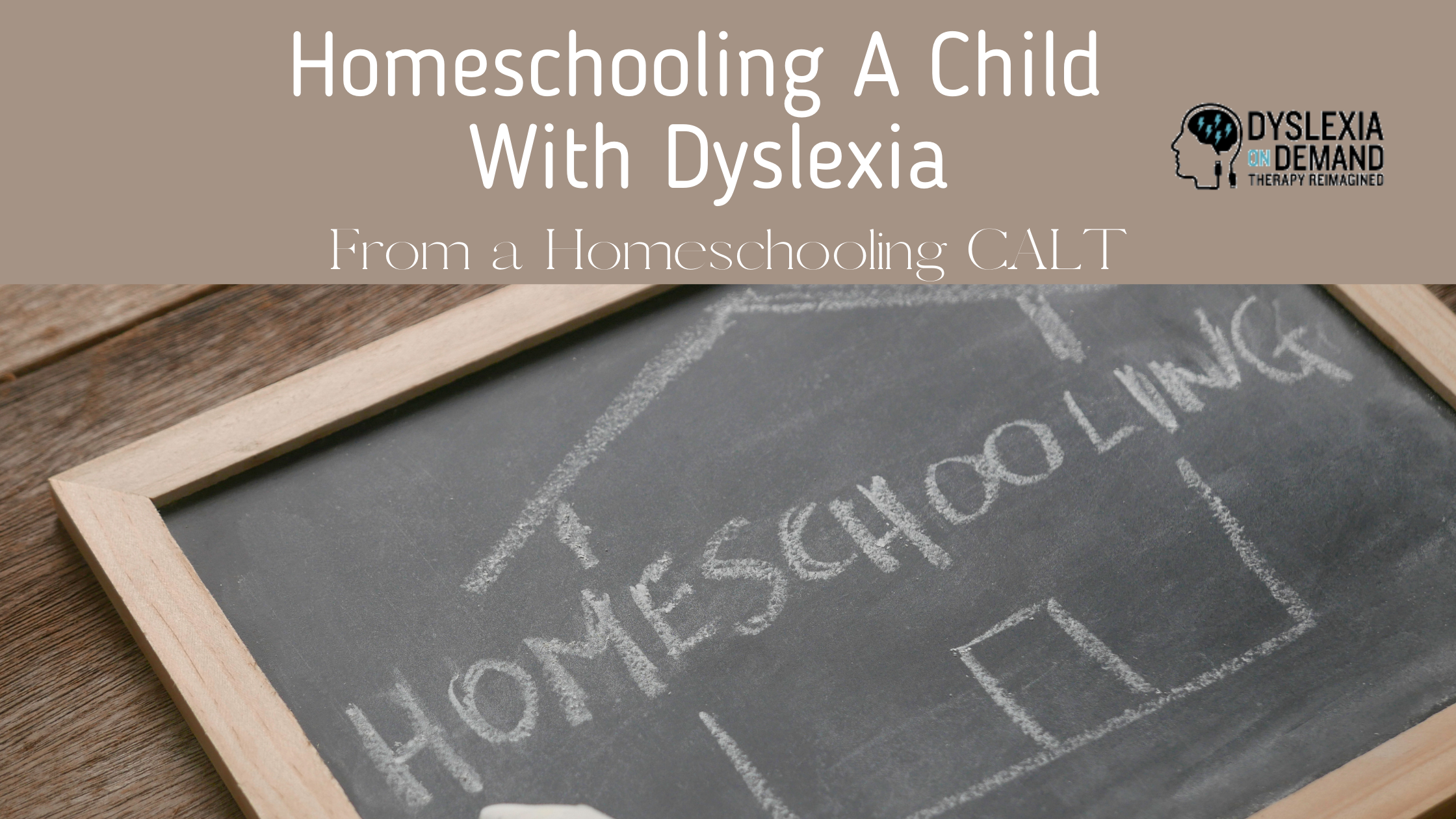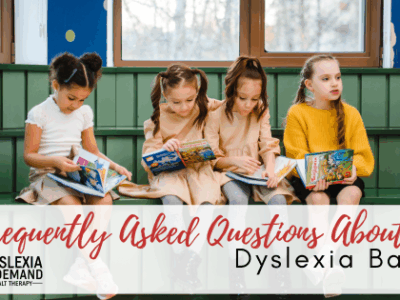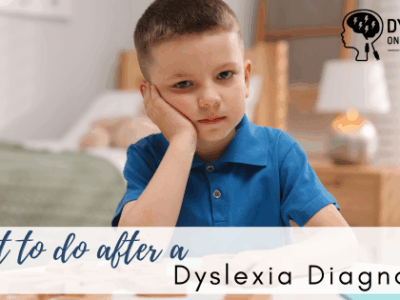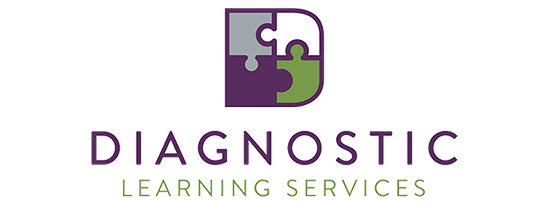
Insights about homeschooling a child with dyslexia from a Homeschooling CALT
Homeschooling a child with dyslexia offers a unique set of challenges and opportunities.
I’ve been a mom for ten years now, and for the last 7 years I’ve been homeschooling in some form or fashion. It hasn’t always been full-time, but, at the very least, it’s been a few days a week dedicated to my sons as their primary teacher.
The 2020-21 school year we jumped into homeschooling with both feet: Full-time homeschooling with a 4th grade son and a 1st grade son. In addition to Homeschool Mom, I am also a Certified Academic Language Therapist (CALT) working with students on ZOOM through Dyslexia on Demand. These two hats offer me a unique perspective to share with any homeschool parents out there who are not only homeschooling but may also be homeschooling a child with dyslexia. First, hear me say: you are not alone! There are many who have blazed this trail before you, and my hope is that this blog post will be just a little glimpse of the support you can find within the homeschooling community.
I’m here to share with you just a few insights from my time as a homeschool mom coupled with my experience as a CALT. I hope these quick little tidbits will be refreshing to you on your own homeschooling journey.
- Place this quote by Pam Barnhill somewhere where you can see it: “Homeschooling is not about productivity. Homeschooling is about relationship.” When I take the time to know and understand my boys as people, as learners, as kids with huge imaginations, as readers, as the men they will become, I build a strong relationship with each of them. Through that relational equity the boys and I can work together towards our learning goals. Positive, in-depth relationships pave the way for brains that are ready to learn because our brains learn best when they are not stressed and overwhelmed.
- I’m a list maker and a routine follower, but to homeschool well I must remember that my best laid plans for our homeschool day may have to be put to the side. Adjusting and going with the flow for the sake of my children keeps us moving toward the big picture of learning rather than getting stuck in the pressure of a task list. Can you tell how much your child knows with 5 math problems instead of 10? Do it! Do you need to be your child’s scribe for the day just so they can get their amazingly, imaginative story out on paper? Do it. Work on writing in very small steps but allow them to see themselves as an author by being their scribe for the big things. Do you need to read that book out loud or let your child listen to an audiobook version instead of reading it themselves? You have permission — it’s not cheating; I promise! The point? Be FLEXIBLE! It will take a load off of everyone’s shoulders.
- As mentioned above, our brains learn best when they are not stressed or overwhelmed. Helping your kiddo navigate the emotional aspects of struggling to learn is just as important as helping them achieve academic success. Spend time talking through the emotions they experience when they can’t read a book they want to read or figure out that math problem. Adults wrestle with emotions every day as well. Talk with your kids about how to work through those days when you just don’t feel like being responsible or when the day’s tasks feel too hard. Tell them about a time you had a goal in front of you that felt like an impossible mountain to climb. How did that feel? How did you move forward? Homeschooling provides more space in our days to have these conversations, so allow yourself to take the time to explore the emotions behind your child’s hesitancy, frustration, and defiance over schoolwork. By taking a break and working through these things together you are teaching lifelong lessons that will serve them well in the future.
- One of the advantages of homeschooling is that you don’t have to always spent the same amount of time on a lesson as a teacher would in a regular classroom. You may need much less time (or much more time). Give yourself permission to do short lessons regularly and watch what happens. Short, engaging lessons with positive participation can quickly add up to big jumps in learning.
- Going along with embracing short lessons is to celebrate small wins. Remember #2 about flexibility? Maybe while being flexible, you had to allow only one sentence to be written instead of a full paragraph. Celebrate the small win of a sentence well-written! Focus on what DID get accomplished. Celebrate that your child verbally communicated to you all they learned in the book they read even if they couldn’t write about it. Celebrate that your child read 5 more words correctly this week than last week. It’s a slow road to learn to read when you are dyslexic, but instead of comparing your child to a grade level metric or even to another child just make a habit of noticing any progress your child makes. And then celebrate that progress! You are teaching your child that perseverance matters and that they are allowed to be themselves as learners. When you celebrate small victories, you also deepen your relationship and pour positivity into their emotional tanks; and as already mentioned, these two things will continue to fuel learning in your child.
- Finally, read aloud to your children every day. Reading aloud to our kids helps develop their vocabularies and their imaginations. It gives them an example of good reading. It teaches them the rhythm and flow of good reading which they will eventually begin to mimic in their own reading. Reading aloud gives you an opportunity to read books to your kids that they may be ready for mentally and emotionally but may be unable to read themselves. I cannot say enough about the positive effects reading aloud can have on your kids. If you skip anything in your homeschool day, let it be anything else except reading aloud to them!
So, parents who are homeschooling a child with dyslexia, hear me say this: you’ve got this! You are fully equipped to teach your child at home because you know them best, and you are their best advocate. Surround yourself with good homeschooling role models. Reach out and ask questions. Don’t be afraid to ask for help. And, of course, if you are a homeschooler with a dyslexic child and you are interested in getting your child face to face with a CALT to do dyslexia therapy, reach out to Dyslexia on Demand to find out more about 1 on 1 dyslexia therapy. You won’t be disappointed!
Additional resources for parents who are homeschooling a child with dyslexia
My favorite homeschooling blogs are:
- www.homeschoolingwithdyslexia.com
- www.readaloudrevivial.com
- www.raisinglifelonglearners.com
- www.simplehomeschool.net
My favorite homeschooling curriculum for reading and spelling with dyslexia in mind:
- All About Reading
- All About Spelling
Both can be found at www.allaboutlearningpress.com
If you would like to ask me any questions, feel free to reach out to me at kristi@dyslexiaondemand.com.












